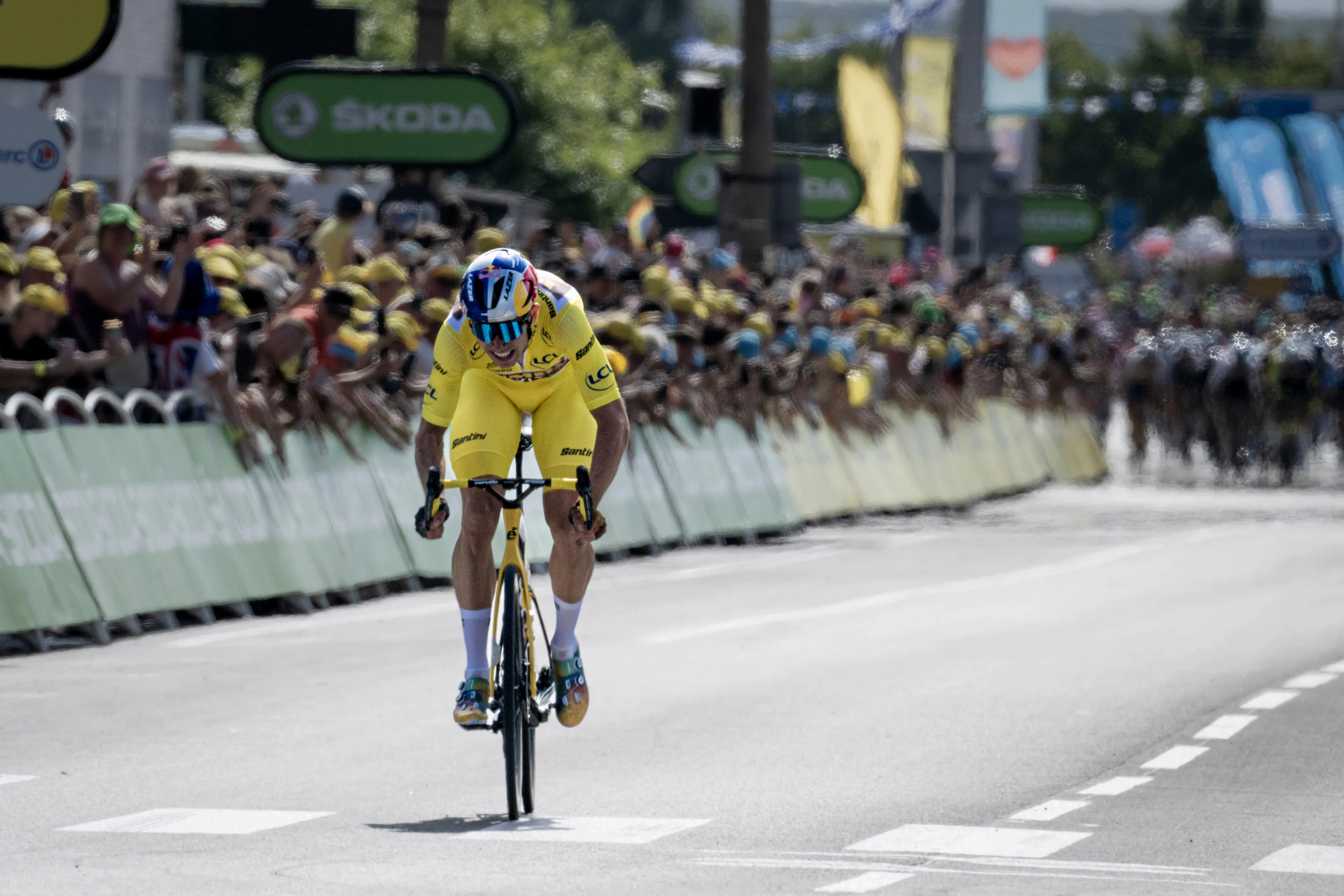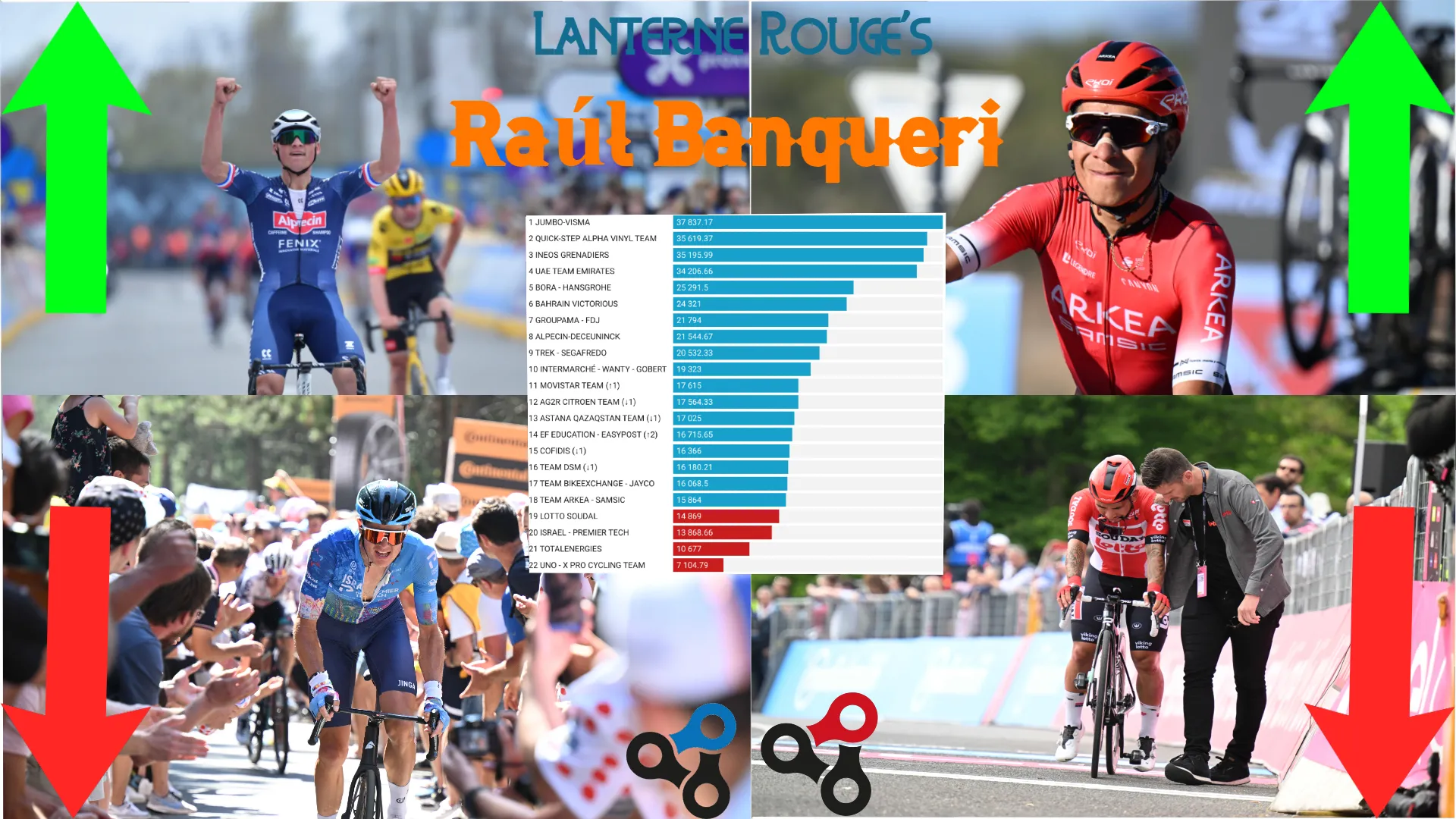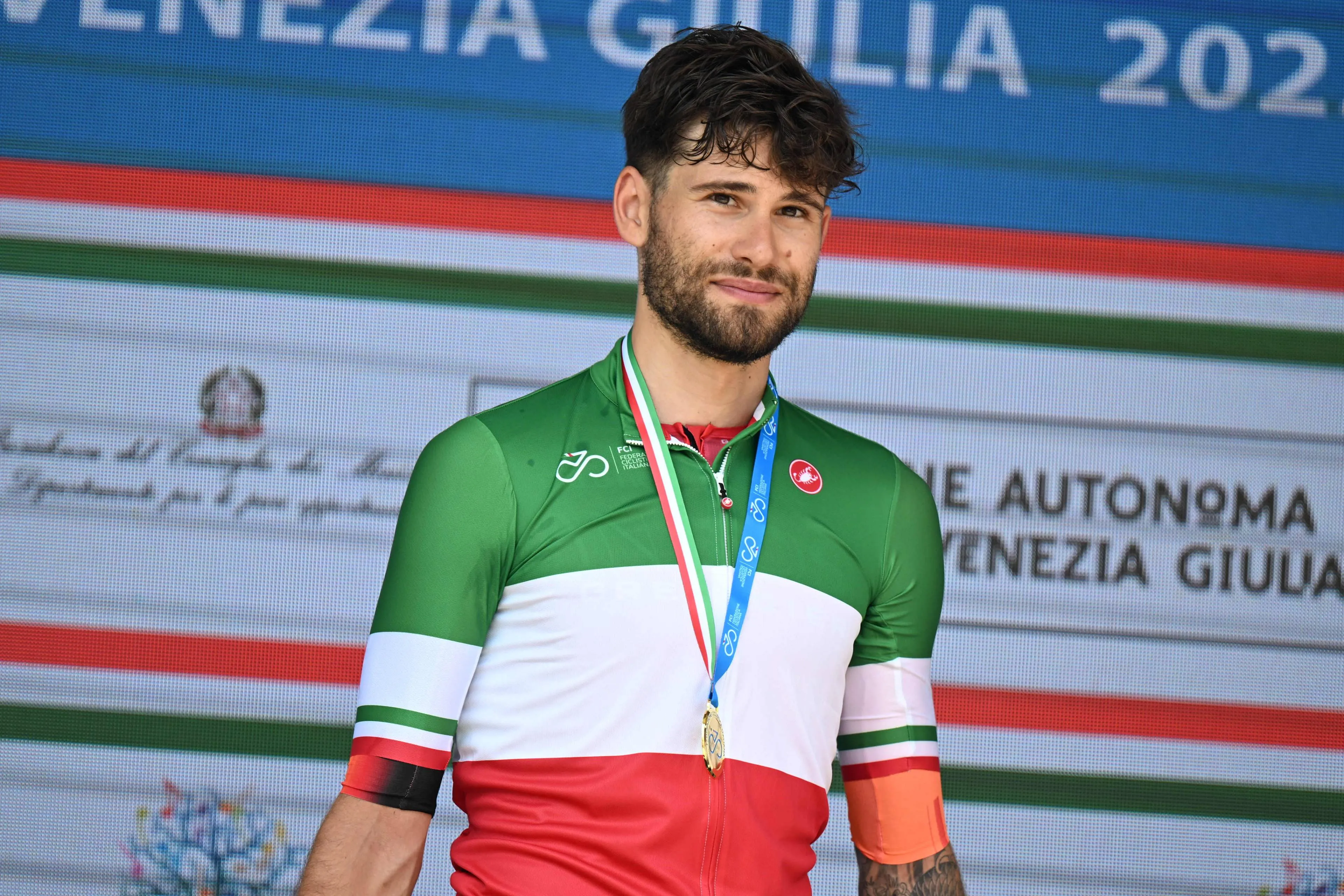How many more points will riders score in monuments and Grand Tours? UCI updates scoring system
CyclingWednesday, 28 December 2022 at 15:02

The UCI rankings have overwhelmed several teams this year with calendar changes, different goals and specific tactics to chase as many UCI points as possible throughout the year. Many felt the scoring system had to be changed however, and it has. We dive into them.
Having gone through the public list of changes, it has been understood that now not only will the 10 best scoring riders in the team's points count towards the tally, but instead it will be the Top20. More points will be attributed in the monuments and higher-level races, including World Championships and Olympic Games, and the same will be found in the individual stages of World Tour stage-races.
Read also
A report from Raúl Banqueri reveals that monuments and road races of both World Championships and Olympic Games will have 60% more points allocated, whilst the time-trials in those events will have a 30% increase. This is one of many moves to keep the team's focused on the main races so as to avoid - as was the case this year - teams focusing on minor races because of point efficiency.
In Grand Tour stages now the first 15 riders are awarded points instead of the first 5, and in the World Tour stage-races points will be given to the first 10 riders instead of the first 3. Banqueri estimated that the amount of points in a single Tour de France stage went up from 240 to 935, which will see significantly more attention given to the large events.
Read also
Whilst in 2022 Grand Tours only distributed 13% of all available UCI points, that has raised to a whole 25% for 2023. Monuments and World Championships have also increased from 10% to 11%. On the contrary, the remaining World Tour events lower from 28% to 24%, Pro Series races go down from 26% to 21%, and Class 1 races lower from 24% to 19%.
This should at the same time stimulate the wildcard requests, with the clear example of Lotto Soudal who has voluntarily opted out of the Giro d'Italia and several other stage-races now suddenly being less advantageous as it was initially.
Read also
claps 0visitors 0
Just in
Popular news
Latest comments
- I was going to post the same comment. He just can’t catch a break.Pedalmasher20-02-2026
- Totally agree. This kid has a bright future.Pedalmasher20-02-2026
- The thing is, he never has to worry about his career because he can spend the rest of his life living rent-free in your head.antipodeanpedalfan20-02-2026
- That's true, but you can't count out a resurgence from him later like Vingegaard did in 2025 (although he was 10 seconds behind, not 30)
 Rafionain-Glas19-02-2026
Rafionain-Glas19-02-2026 - Lipowitz ddn't really keep up to the big boys today either.....mobk19-02-2026
- Yes, the guy is no fluke. Even if he fails to improve over the next 15 years he’ll do damage. That young blood is going to keep the establishment working hard.Mistermaumau19-02-2026
- This excuse is harmless, just quaint and amusing. The excuse I really disliked was when he accused a mechanic of improperly adjusting his saddle, endangering the mechanic's job: blaming others for your own limitations is a serious matter.
 maria2024202419-02-2026
maria2024202419-02-2026 - ok so this is impressive - I trashed this guy all winter, get a pro win before the anointing. against a quality field. And Onley and Riccitello look good too. fun to see young blood.mij19-02-2026
- Minor flaws.... thats like suggesting Genghis Khan was a bit aggressive with other countriesslappers6619-02-2026
- Then you carry on if that's what makes you happyslappers6619-02-2026
Loading
The definitive guide to understand the new UCI scoring system: - Grand Tours will double in importance and the value of the GC riders will increase. - Top places in WorldTour stages will distribute much more points, while 1-day races (except Monuments) will lose importance.
Write a comment










